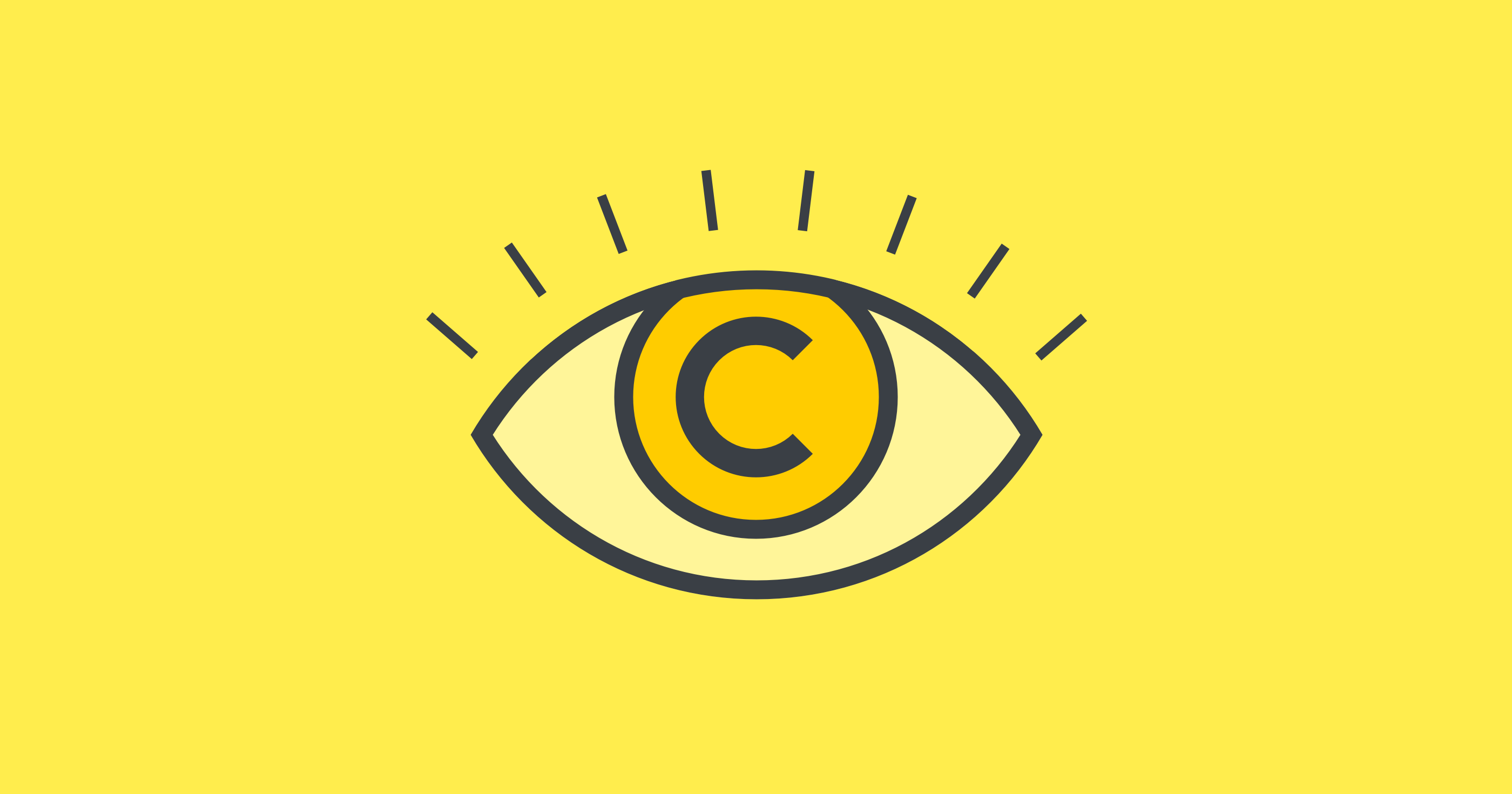On Cases of Plagiarism on the Mac App Store
November 20, 2015

The Mac App Store is a fantastic space both for customers and for developers eager to get noticed and appreciated for their work. We can’t begin to fathom the number of new and updated apps that get submitted for the App Store every day and the huge work that the reviewers accomplish in checking them. Because of the sheer workload, once in a while the screening system will give the go-ahead for applications that simply do not deserve a place on the App Store. Unfortunately, the past few weeks saw a series of template apps that are direct copies of our established products, and we’d like to share more about it.
Today’s big news in our office was the release of Toolbox for Keynote Pro. No, that’s not a new version of our beloved Toolbox for Keynote. That would be a brand new application by Hui Cong who has no other apps on the App Store and provides no working support link. Instead, they provide screenshots that prominently display various items from our Infographics app, including data visualization sets, chart themes, and diagrams. The app description is a pretty much word-for-word copy of the Infographics description.


Bundle for MS Office 2.0 is another great success, boasting as “Mac AppStore Best of Business App 2015” in the description, having sold over 8,000 copies. The seller is called Yun ChangKun, there is no working support link either, and the screenshots clearly show an interface of an older version of our Set for MS Office combined with the templates from the current one. To be honest, the name and icon have been ripped off Graphic Node’s Bundle for MS Office, so perhaps this could be put down as an artistic pastiche.

Productivity Suite For MS Office by Wei Li is remarkable in that it actually manages to use the same screenshot as Bundle for MS Office 2.0 without even having changed the name. Perhaps they are stealing from each other too, which would be kind of poetic justice.

We have reported all these cases to Apple and received automatic responses saying that these developers have been contacted. Our past experience shows that up to 4 months may pass until an infringing app finally gets removed from sale. That is 4 months of lost sales as well as the general feeling of being fleeced without being able to do much about it. That is also 4 months of customers buying a product that provides no proper quality assurance, technical support, or even a correlation between the description and the content.
We do believe that fraudulent applications like these diminish the value of the great market space that is the Mac App Store. There must be ways to bring such practices to an end, and we can’t be the only developers who would very much want to see Apple explore these possibilities.